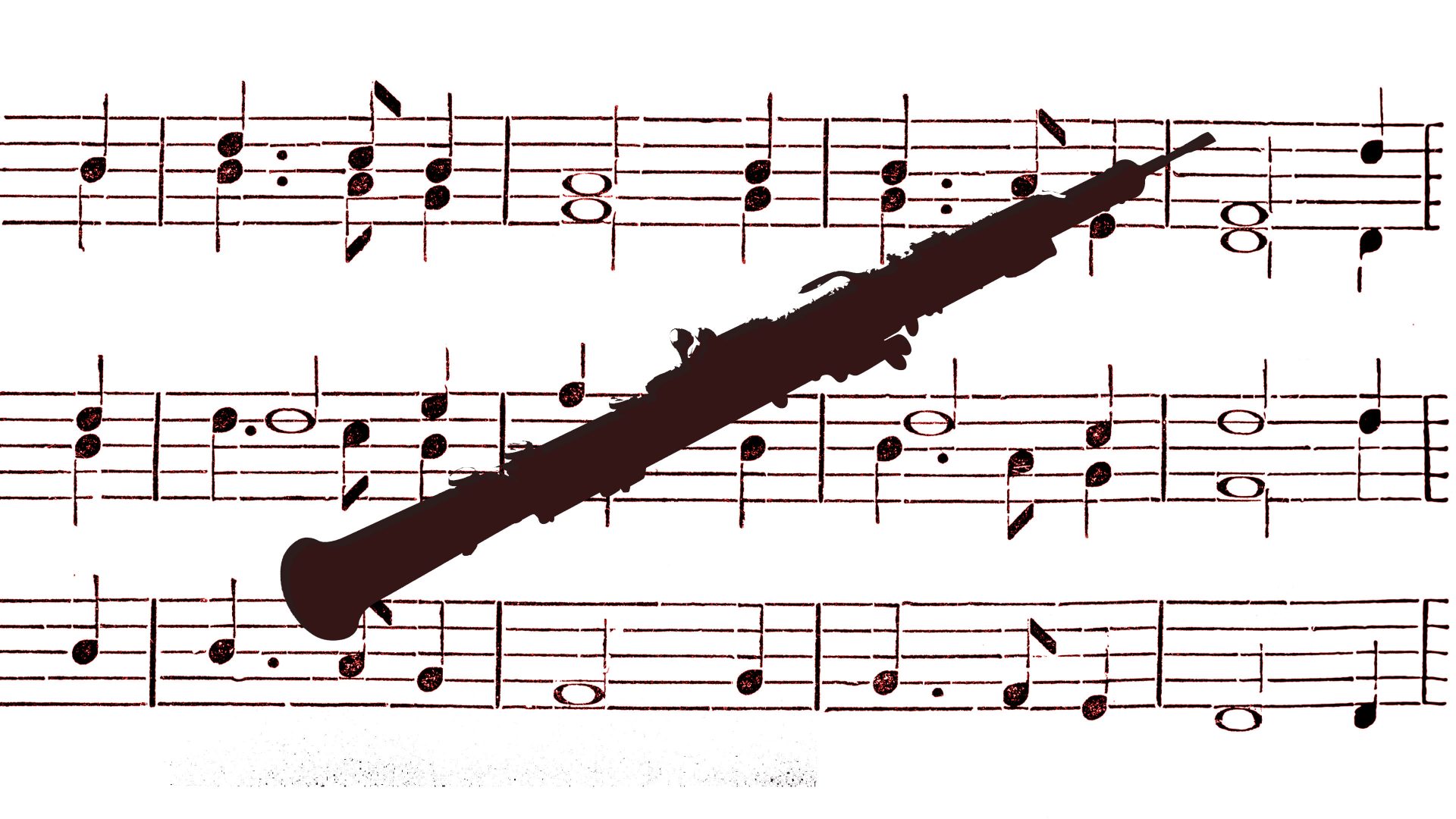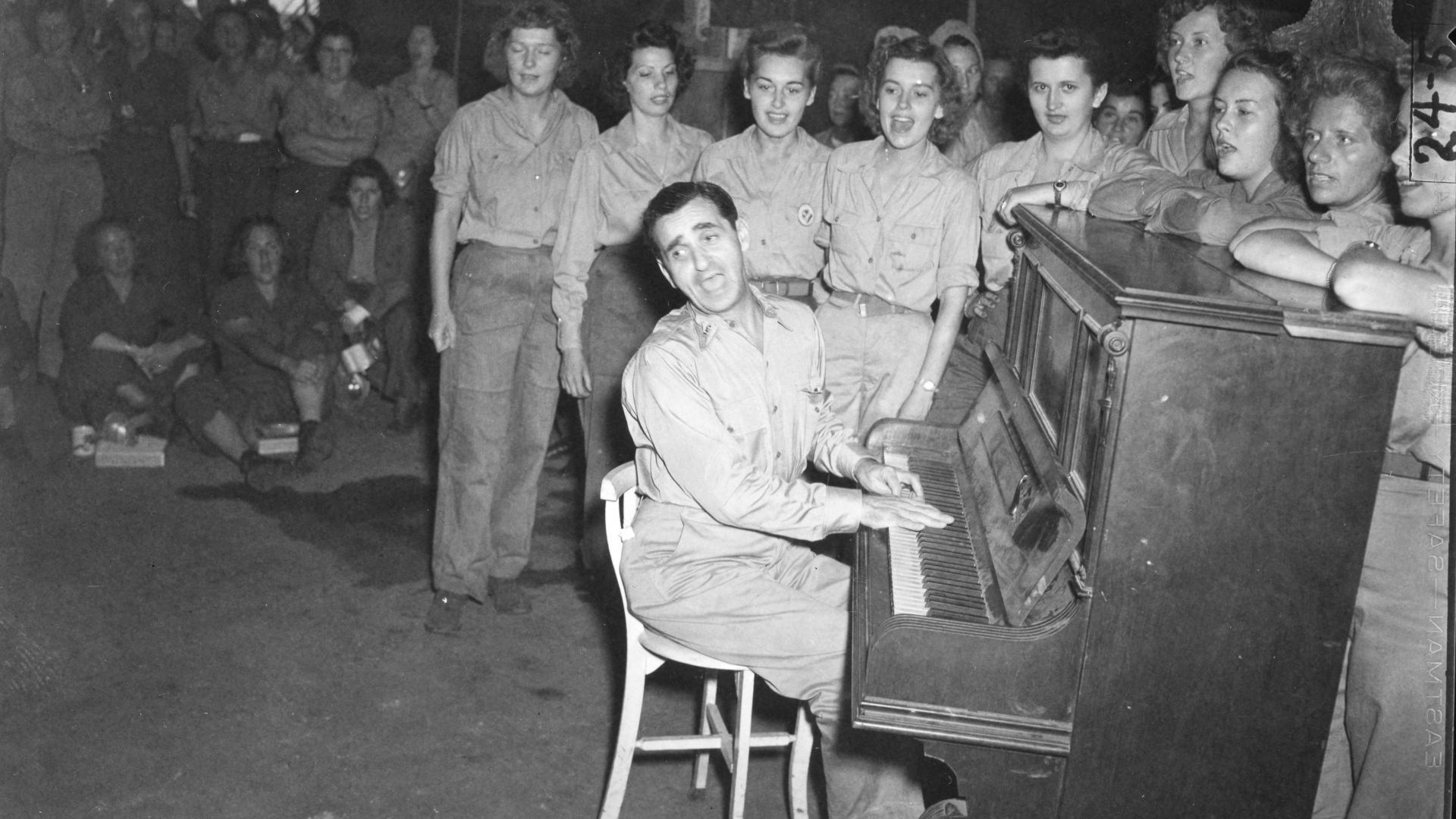We have noted before that when words are borrowed from one language into another, interesting things can happen. Latte is the Italian word for “milk”, but as borrowed into English it refers to a particular type of coffee. The English word “foot”, when used in French, means “football”. And German Blitz “lightning” in modern English most often means a “rapid concerted effort”, as in “a police blitz on speeding”.
The Italian word obbligato means “obliged”; it is the past participle of the verb obbligare. (Past participles in English are forms like “gone”, “taken” and “blown”, which combine with the auxiliary “have” to produce so-called “perfect” verb forms: the past tense of “take” is “took”, and the perfect form is “have taken”.)
The Italian -ato ending descends from the -atum which is found in Latin past participles such as erratum “mistaken” and desideratum “desired”. It corresponds to Spanish -ado as in tostado “toasted”.
Two rather interesting things have happened to obbligato since it first arrived in the English language in the 1700s. First, it is now sometimes spelt obligato, with only one B. The Oxford Concise Dictionary of Music says that this occasional spelling is “incorrect”, even though it was the one favoured by the composer Benjamin Britten, while the Collins English Dictionary simply gives it as an alternative.
Obbligato is certainly the only spelling possible in Italian, and this spelling matters because double consonants in Italian are actually pronounced longer than single consonants, and so only the spelling with two Bs accurately represents the spoken form.
But it is not just the spelling which has been affected as a result of the transfer of obbligato into the English language. The meaning of the word has experienced some consequences as well – and in a really rather extraordinary way.
Obbligato literally means “obligated”, in other words “obligatory”, indicating that a particular instrumental part in a piece of music is essential to the performance of that piece. But then the Oxford Dictionary of Music tells us that “unfortunately, ambiguity has been imported by the use of the word in the very opposite sense, ie as a part that may be omitted if desired”.
Confusingly these days, then, obbligato has come to be used by some people to mean “optional”, and the fact that a piece of music has “an oboe obbligato” can mean two entirely contradictory things: either that the oboe part is obligatory, or that it is optional!
There are many other Italian past-participles in -ato that are used in English-language musical contexts, though none of these appears to be ambiguous in the same unfortunate way. They include agitato “agitated” legato “linked up”, moderato “moderated”, pizzicato “plucked”, rubato “stolen”, spiccato “articulated”, staccato “detached”. And then there are forms ending in -ata such as cantata “sung”, sonata “sounded”, and toccata “touched”.
The past participles in -ato are grammatically masculine, and the ones in –ata are feminine. Agitato “agitated” is masculine because it is understood to agree in gender with a masculine noun such as suono “sound”, ritmo “rhythm” or moto “motion”. The feminine forms such as cantata “sung” are understood to agree in gender with some feminine nouns such as composizione “composition” or forma “form”. The masculine words refer to a way of playing, while the feminine forms apply to the piece of music to be played.
OBOE
The oboe, earlier known as the hautboy, is a high-pitched woodwind instrument. The name came from the French haut bois “high wood”. Our modern English spelling is the Italianised version of the French word. Until at least 100 years ago the usual English pronunciation was “O-boy”.




